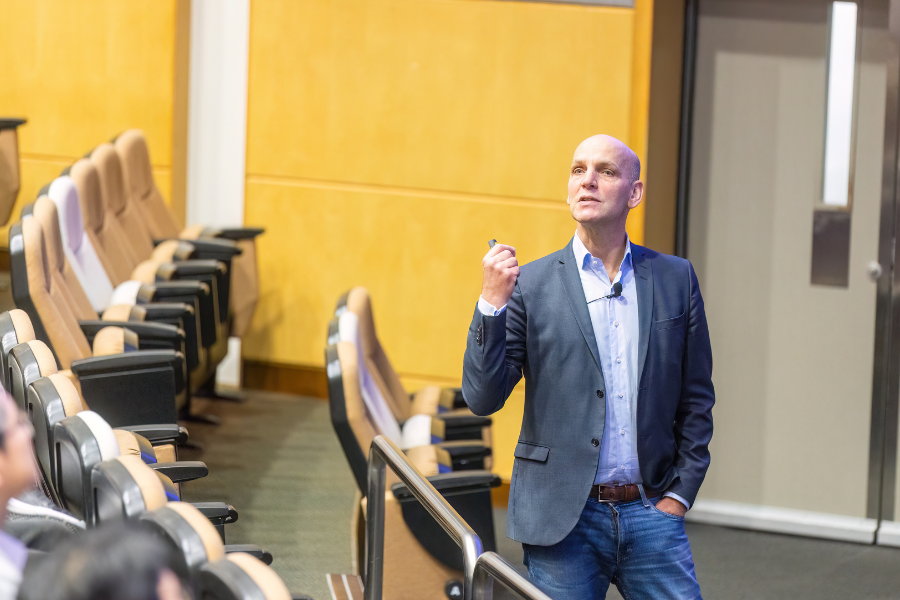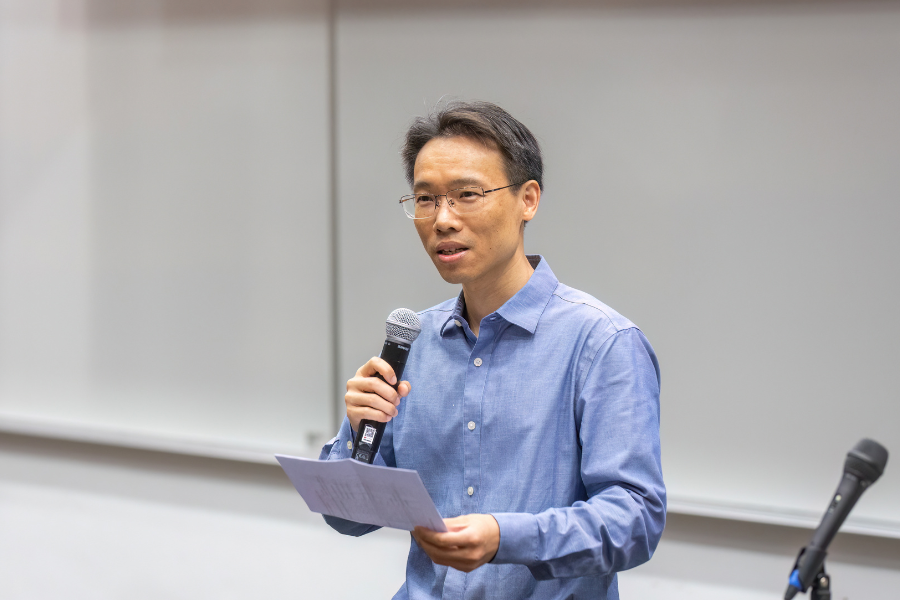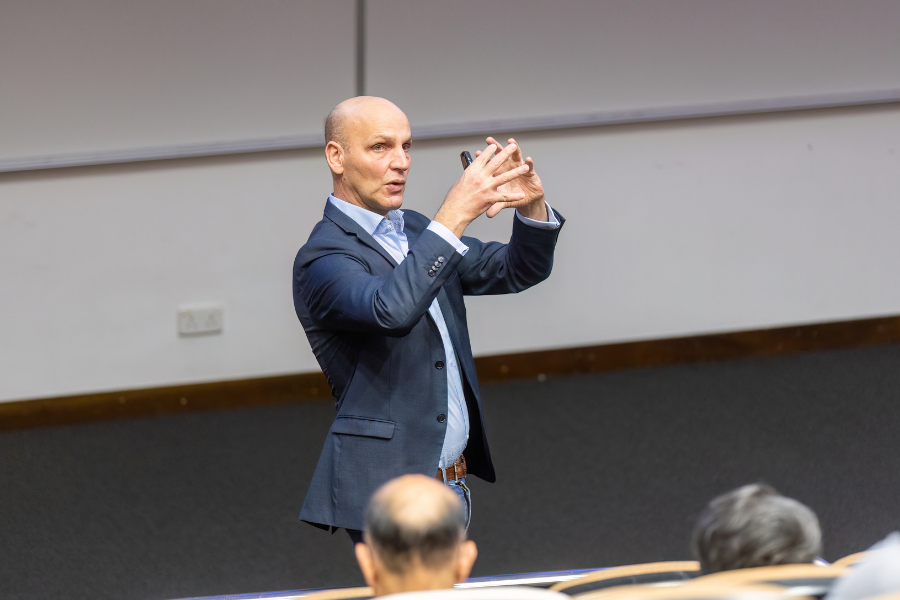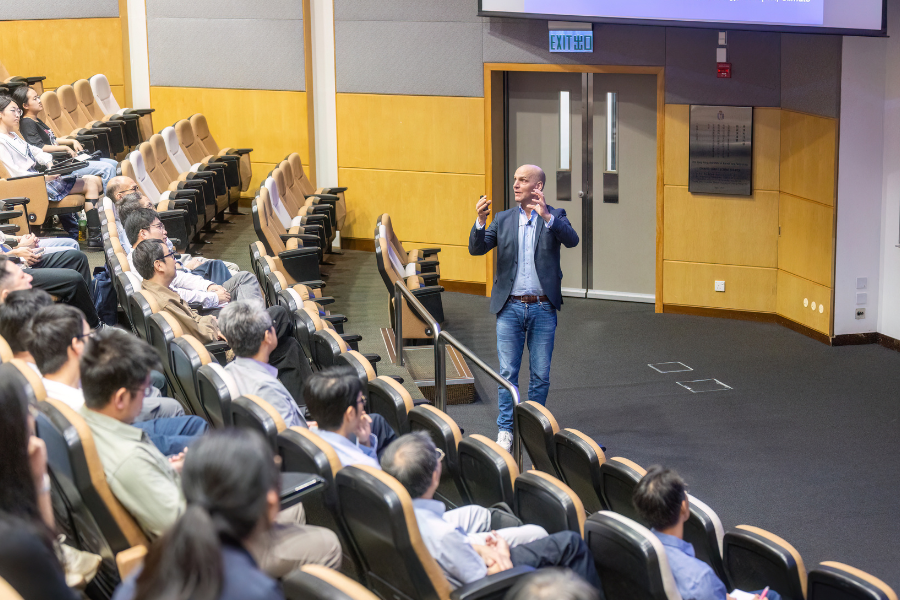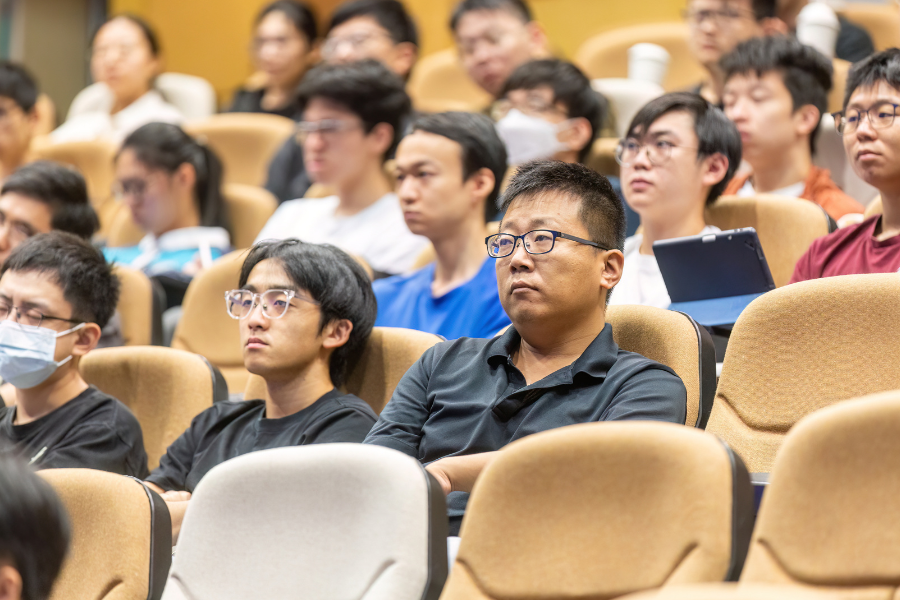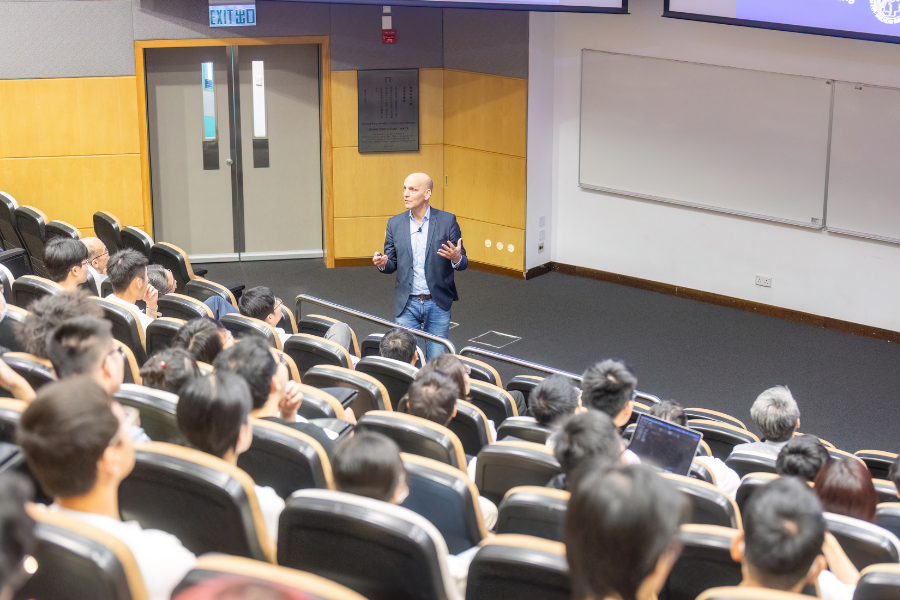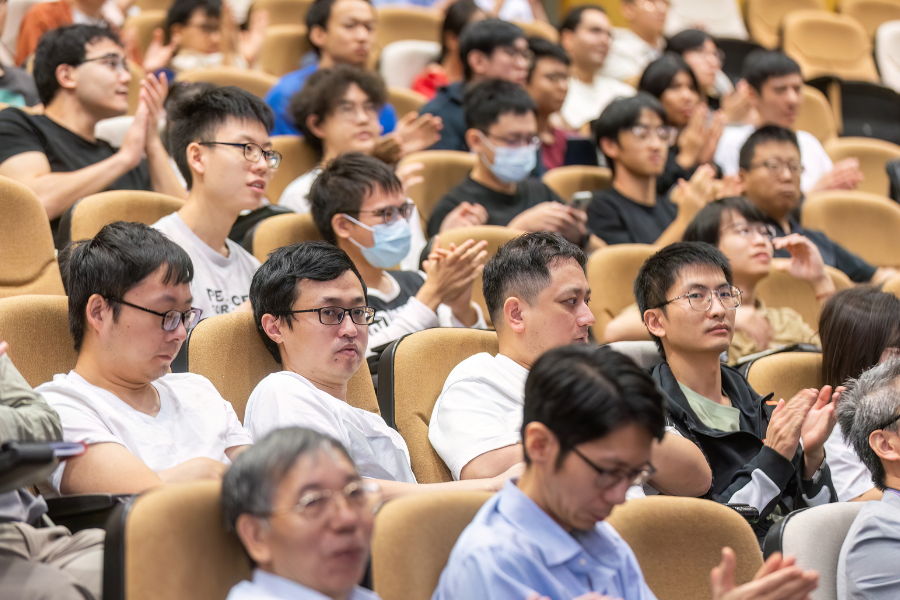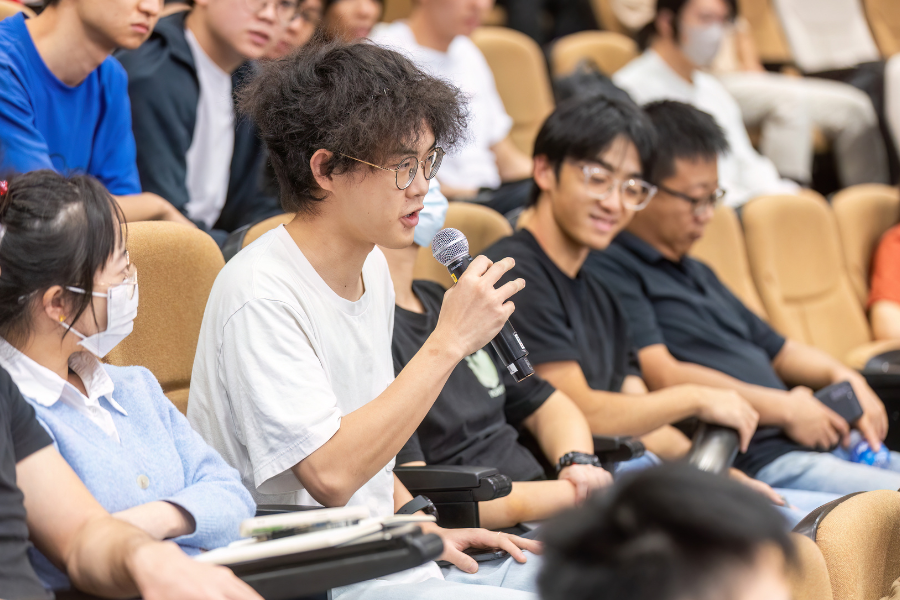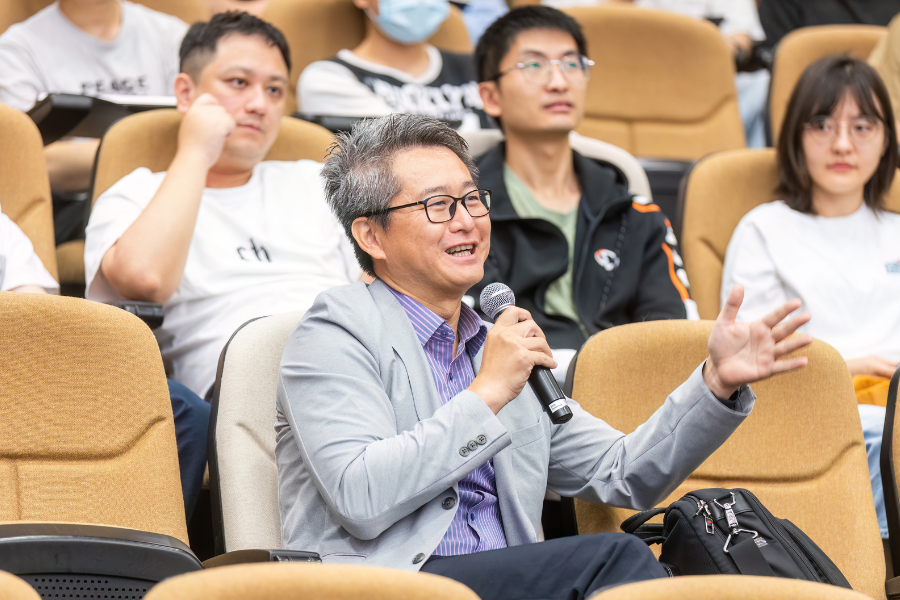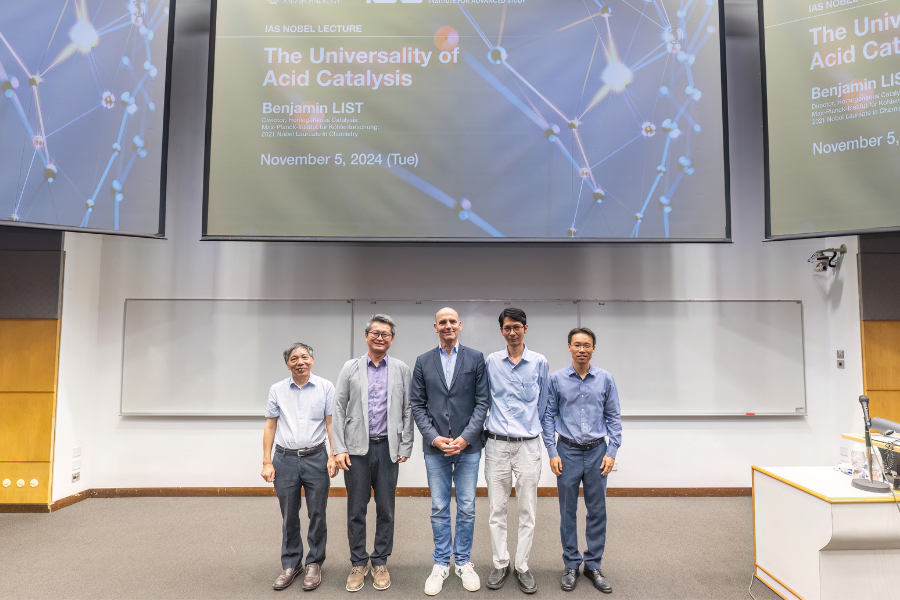The Universality of Acid Catalysis
Abstract
Acid catalysis only requires the presence of electron density in its substrates and one can therefore argue that it is the most general approach to catalysis there is.
The concept of using chiral, enantiomerically pure Brønsted acids has led to a breakthrough in selective catalysis and suggests vast potential. Early asymmetric Brønsted catalysis, for example with proline or BINOL-derived phosphoric acids, has operated in a bifunctional mode, where a base-co-catalyst accompanies the acid.
By tuning the acidity, chemists know very well how to control the reactivity of their acid catalysts and ever more acidic catalysts are currently being developed. While BINOL-derived phosphates are frequently used, their reactivity and ability to activate less basic substrates is limited. For example, the popular phosphoric acid TRIP has a pKa of 13.6 in acetonitrile. This acidity is certainly sufficient to catalyze various additions to imines and also to certain oxygenous substrates. However, to enable activation of simple aldehydes, for example, requires much stronger acids. Similarly, olefin activation via protonation has been beyond reach of this catalyst class.
Another major challenge is to make acid catalysis selective, even with small and unbiased substrates. This requires a good control over the ionic intermediates and transition states.
In 2012, the speaker and his research team have introduced a new catalyst design, in which two phosphates are bridged via an imido nitrogen group. The resulting imidodiphosphate (IDP) catalysts, because of the now four substituents in the corresponding 3- and 3’-positions, all pointing toward the active site, create significant confinement, while still displaying relatively strong acidity (pKa = 11.3, CH3CN). By carefully choosing appropriate substituents, the confinement can be easily fine-tuned. Furthermore, successive replacement of oxygen atoms with NTf-groups, can massively enhance the acidity. The resulting imino imidodiphosphates (iIDP) and imidodiphosphorimidates (IDPi) display pKa’s of around 9 and 4.5. With fluorinated substituents, the acidity can be further enhanced reaching a level displayed by common “magic acids” such as triflic acid and triflimide.
With these three catalyst classes in hand, and even more acidic catalysts under development, they feel in a good position to tackle important challenges of contemporary selective catalysis, including the activation of unreactive and unbiased, small substrates.
About the Speaker
Prof. Benjamin LIST was born in Frankfurt am Main in 1968. He studied chemistry at the Free University of Berlin and received his PhD from the Goethe University in Frankfurt (1997, Prof. G. Mulzer). He worked as a postdoctoral fellow at the Scripps Research Institute in La Jolla, United States from 1997 to 1998 and as an Assistant Professor from 1999 to 2003. In 2003, Prof. List moved to the Max-Planck-Institut für Kohlenforschung in Mülheim, Ruhr as Head of a research group and became one of the Directors there from 2005. He also heads a research group at Hokkaido University in Japan and is an Honorary Professor at the University of Cologne. Prof. List has been awarded dozens of prestigious prizes in the field of chemistry. In 2021, he received the Nobel Prize in Chemistry for the development of asymmetric organocatalysis.
For Attendees' Attention
Seating is on a first come, first served basis.

